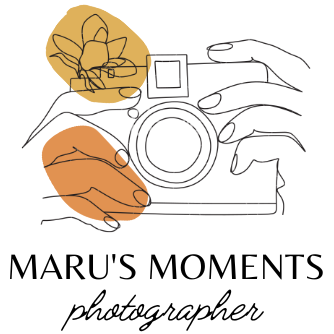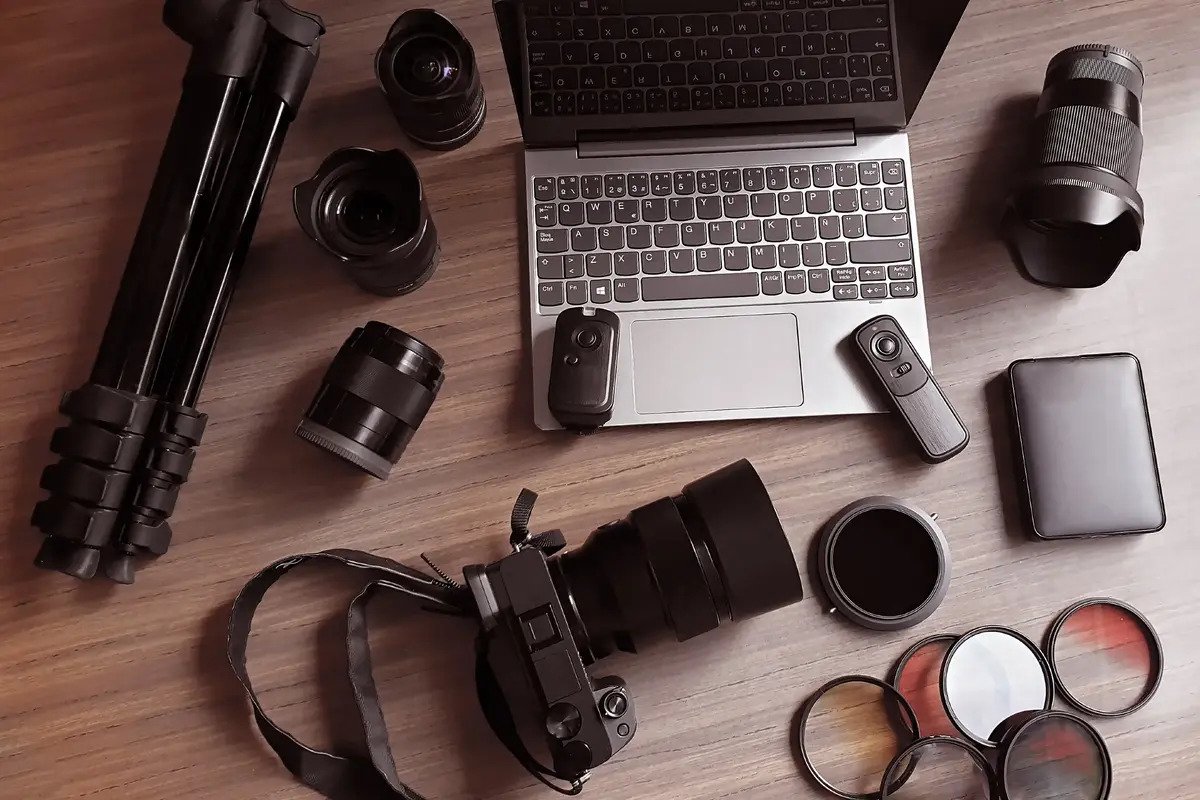Transitioning from my regular job to starting my own business was really tough but also incredibly rewarding. It’s been almost two years now, and I still can’t believe I get to do this every day.
I know there are others out there who dream of following their passion full-time. It hasn’t been easy, but I’m sharing my story to inspire you on your own journey.
I graduated with a major in photojournalism, but I needed another job to make ends meet. After graduating and moving back to my hometown, I worked part-time while growing my photography business on the side. One big challenge was finding clients in a new city where I didn’t know anyone.
I worked part-time for 8 months and then got laid off during winter. I realized I couldn’t rely solely on photography income. In the spring, I took a full-time job, which meant less time for my photography.
My goal was always to work for myself full-time, but there were hurdles to overcome.
It was tough that photography couldn’t fully support me, and I was worried it would take a backseat to my new job. But I wasn’t ready to give up. I was working more than 40 hours a week and shooting on evenings and weekends. I was burning out and my mental health was suffering.
I knew something had to change. I didn’t want my hard work on my business to suffer. While working my 9-5 job, I still got bookings and saved money from my paychecks.
My biggest fear was failing. If photography couldn’t sustain me, I’d have to find another job. By the end of the summer, I was ready to go all in. I quit my job to do photography full-time. I remember feeling relieved as I walked out of my office.
I never thought I could grow my photography business so quickly. If you’re considering pursuing photography full-time, here’s what I did:
Practice Regularly
Starting out, it’s important to gain experience and build your skills. You don’t need to focus on a narrow niche right away. Shoot a variety of subjects to refine your abilities and identify what you’re most passionate about.
While paid work is essential, don’t shy away from doing free sessions or collaborations to develop your portfolio and attract potential clients. Remember, every session is a chance to learn and improve.
As much as possible, provide a fantastic experience for your clients, even if you’re not charging, as this can lead to valuable word-of-mouth referrals.
Share Your Work
Establish an online presence to showcase your work and connect with potential clients. Have a professional website and a strong presence on social media platforms relevant to your audience.
Consistently share images from your sessions, even if you’re using older photos with fresh captions. This keeps your content engaging and helps potential clients get a sense of your style and capabilities.
Interaction and engagement with your audience are key to growing your reach and attracting more clients.
Have Savings
Before taking the leap into full-time entrepreneurship, it’s wise to have some financial security. Save money from your current job to cover your living expenses for a certain period, like six months, when you’re just starting out. This safety net will relieve some of the financial stress and allow you to focus on building your business without immediate pressure.
Having a financial buffer can provide the peace of mind needed to fully commit to your photography venture.
Make Sacrifices
Transitioning to full-time entrepreneurship often requires sacrifices, especially at the beginning. Balancing a regular job with growing your business can be tough, leading to long hours and limited social time.
While it may be challenging, remember that this phase is temporary and contributes to your long-term goals. Stay focused on the bigger picture, knowing that the effort you put in now will lead to greater independence and fulfillment down the road.
Value Yourself
Setting the right pricing for your services is crucial. While it might be tempting to offer low rates when starting out, don’t undervalue your work.
Understand your worth and charge what reflects your skill, time, and effort. Gradually increasing your rates as you gain experience and recognition is a common strategy. Focus on the unique value you bring to clients and communicate that effectively.
Remember, building a clientele that appreciates your work is more important than catering to everyone.
Each of these tips plays a significant role in establishing a successful photography business. Consistent practice and skill development, effective marketing and sharing of your work, financial preparation, making short-term sacrifices for long-term gains, and valuing your expertise all contribute to a strong foundation for your journey as a creative entrepreneur.




